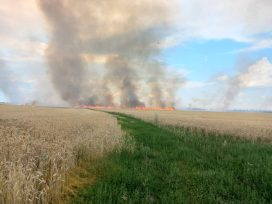
In the 1990s, Ukraine again became one of the world’s leading grain exporters after decades of Soviet agricultural mismanagement. It retains this status despite the major disruptions to the European grain market caused by the war.

In the 1990s, Ukraine again became one of the world’s leading grain exporters after decades of Soviet agricultural mismanagement. It retains this status despite the major disruptions to the European grain market caused by the war.
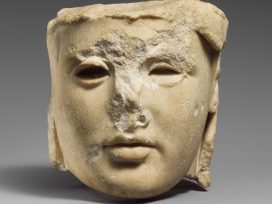
Artistic expression can surface from desperate situations. Despite oppression and impoverished circumstances, the self-organization of Ukrainian creatives has led to a special kind of resistance. Collectively taking care through adversity, their practices focus on treating emotional wounds, from the Bucha Massacre to the Holocaust.
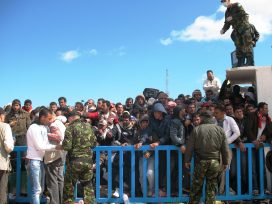
Ongoing instability, due to conflict, environmental crises and economic hardship in parts of Africa, forces many to migrate. Those who make it to Tunisia’s borders face state violence and informal trading. Can the EU’s failing cash for immobility plan be anything more than legitimization of Tunisia’s authoritarian regime and Italy’s perilous politicization of immigration?
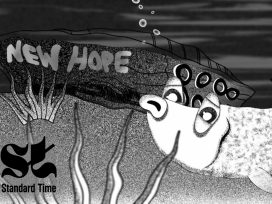
There seems to be too much of it, yet still too little. The vital compound that enables life on Earth is often taken for granted. As we go about our bustling urban lives, we begin to lose grip of what it demands of us. New talk show episode premiere.
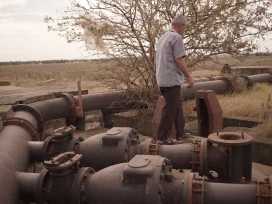
During communism, extensive irrigation systems turned the regions along the Romanian Plain into major producers of fruit and vegetables. But when the infrastructure collapsed, so did the ecosystems built around it. Today, farmers are digging wells to deal with desertification: a risky strategy.
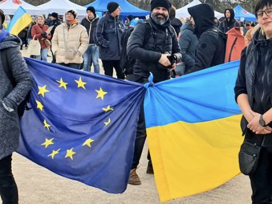
When a neighbourhood collapses into a warzone, from one day to the next, citizens become refugees. Securing safety and caring for those who remain creates a dual burden. Ukrainians, turning to their diaspora, have experienced both support and tension. Returning or remaining has become a political and deeply personal dilemma.
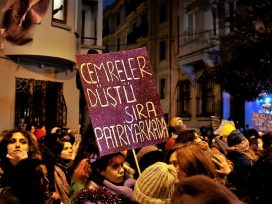
Turkey’s official history claims that the struggle for women’s rights was born alongside the Republic. The narrative according to which the founding fathers ‘granted’ rights to women was only challenged much later, with the discovery of a pre-republican feminist tradition.

Public trust in media is breaking down. Admittedly, in many countries there was no golden age to return to – distrust and uncertainty are a survival strategy. Mercy Abang, Péter Krekó and Lina Chawaf talk credibility, hidden agendas, and what professions they want their kids to avoid.

Radical reform is needed to make Europe’s agricultural sector financially sustainable and environmentally resilient. Yet Europe’s biggest farming lobby, together with the EPP, opposes any policy inimical to the interests of large landowners.
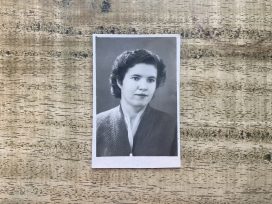
What happens when the space for youthful aspiration caves in? When circumstances are extreme, can solace still be found in a daydream, a creative thought beyond the everyday? And what role might contemplative words have in crisis?

Youth, culturally associated with the future, seems increasingly afflicted by uncertainty and crises. Can looking ahead be informed by past moments of transition? In 1960s Poland young people’s ‘futurological’ outlooks uncovered the microsocial ambivalences of technological progress, revealing cracks in mass communist ideology.
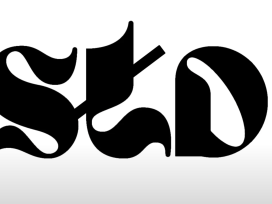
An outburst of syphillis is sweeping across Europe, and new HIV infections are also steadily rising. And yet, the public discourse seems to view sexually transmitted infections as a thing of the past. In this surprisingly light-hearted episode of Standard Time, medical doctors and a sex work activist talk screening, education, and stigma.

As the end of abundance becomes an everyday experience in Europe, we are thinking more closely about how our food reaches the table.

Conventional market-led solutions to water scarcity in the Arab Mediterranean, above all mega-projects such as dams, support state agendas and reinforce inequalities in access. Water wars are not inevitable but the result of bad management.
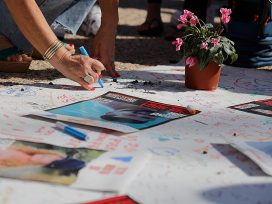
International humanitarian law forbids neither resistance nor self-defence. But it does set strict limitations on any party that engages in armed conflict. Both Hamas’s and Israel’s defiance of jus in bello is an assault on universal values.

Capitalism is no longer a shining beacon: once influential countries are on the verge of becoming third-world economies; developing powers no longer aspire to the West’s visions of progress. Could a viable alternative, avoiding complete environmental devastation, be found in relinquishing fixations on the past and utopian ideals?